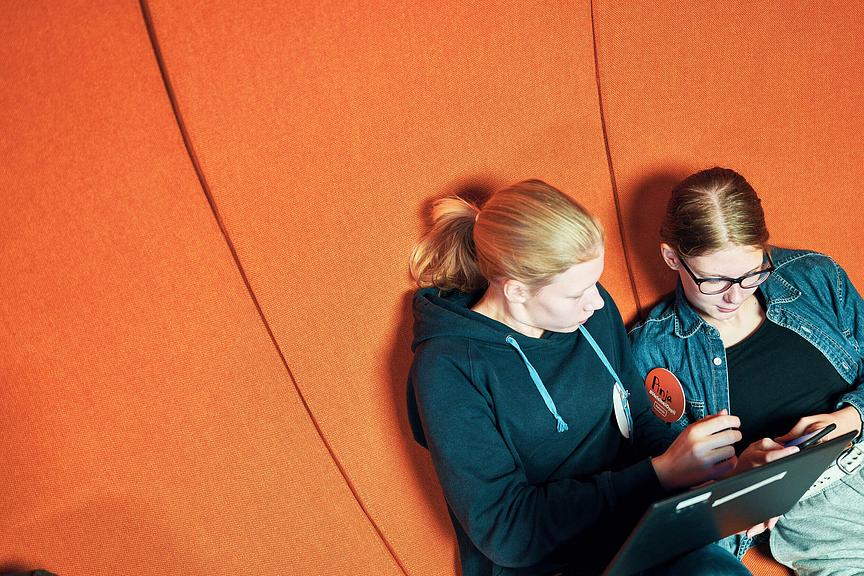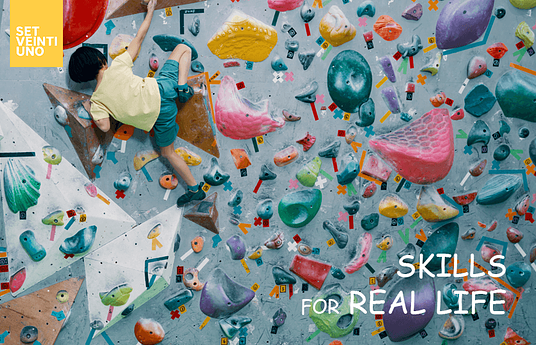Working life requires initiative, self-guidance and an entrepreneurial approach. In terms of transversal competencies, the basic education and secondary education curricula stress labour market skills, entrepreneurship and active citizenship. Identifying your strengths improves your self-esteem and enables you to plan the kind of life that suits you. Entrepreneur pedagogy boosts a learner's courage in tackling new challenges, while improving their creativity, responsibility, initiative and decision-making.
All basic education pupils (in grades 8 and 9) gain a few periods of work experience, lasting a few weeks, with a company. Each 6th and 9th grader also takes part in various learning environments, consisting of, for example, a miniature city in which the student works and receives a salary, or runs their own business and sells products to customers. The pupil also plays a role in a miniature city as a responsible consumer and citizen. Entrepreneur training is also connected to the theme of sustainable development and teaching about the circular economy. Schools, general upper secondary schools and vocational education and training also provide courses and workshops that focus on drawing up a CV, the planning of self-branding, or starting a business. Many pupils and students also cooperate with start-ups or other companies.
In addition, they learn about corporate life through the development of their own innovations and productisation. Innovation education may also result in new products for learners, which can have commercial potential. The idea is that learning environments do not have to be limited to school premises, but can also be located in companies, organisations and workplaces.



